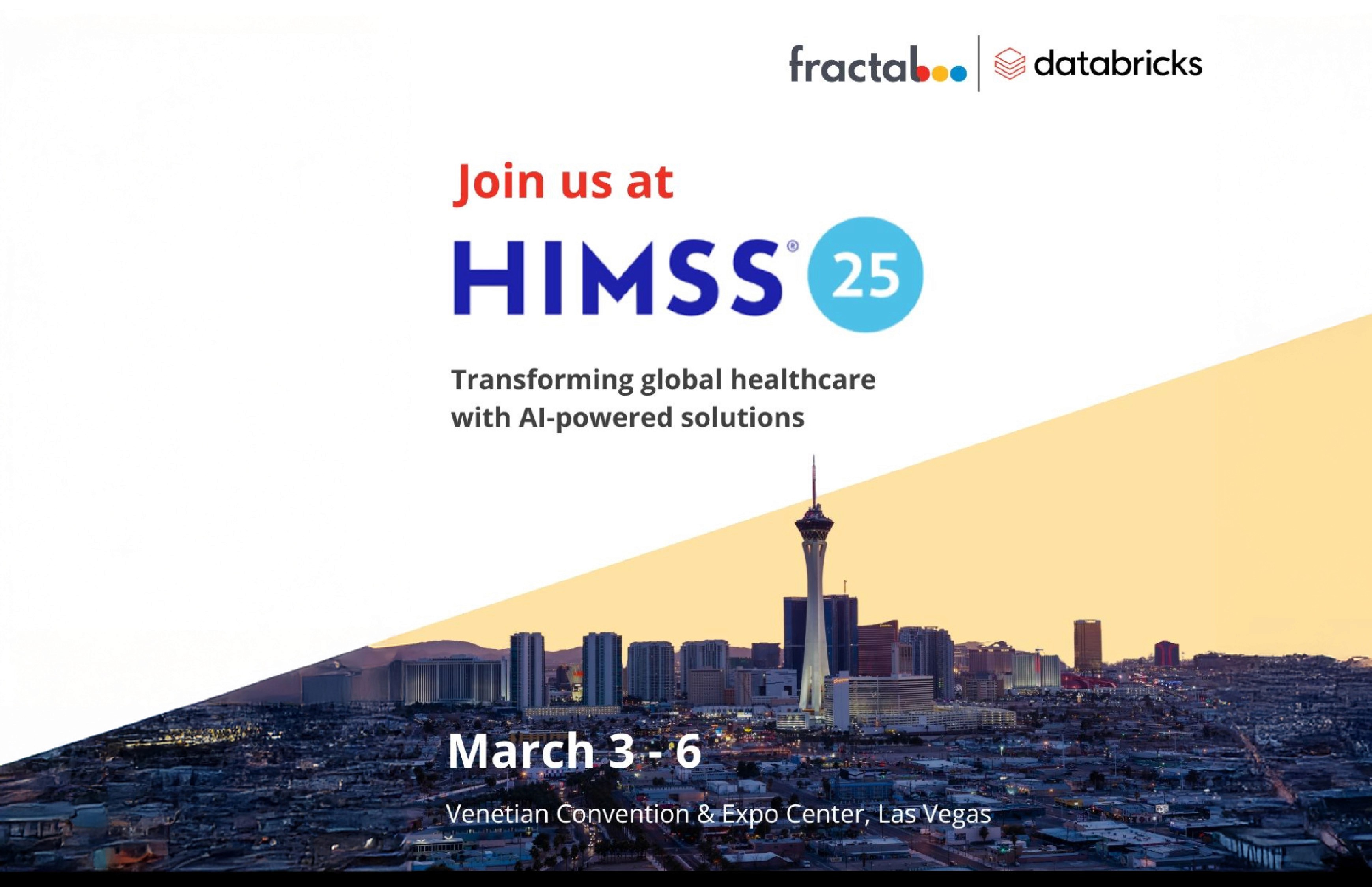Healthcare reimagined with Enterprise AI
Revolutionizing care with intelligent insights, seamless automation, and real-time precision—so you can focus on what matters most
Healthcare’s biggest challenges
Cutting costs, securing data, and enhancing care with innovation and precision
1
Digital threats put patient data at risk

1
Digital threats put patient data at risk

1
Digital threats put patient data at risk

2
Overburdened teams struggle to meet demand

2
Overburdened teams struggle to meet demand

2
Overburdened teams struggle to meet demand

3
Long waits and fragmented care reduce satisfaction

3
Long waits and fragmented care reduce satisfaction

3
Long waits and fragmented care reduce satisfaction

4
Unused patient data limits informed decision-making

4
Unused patient data limits informed decision-making

4
Unused patient data limits informed decision-making

5
Operational inefficiencies drive up healthcare expenses

5
Operational inefficiencies drive up healthcare expenses

5
Operational inefficiencies drive up healthcare expenses

Healthcare enablers powered by GenAI
Healthcare enablers powered by GenAI
Smarter, faster, and more precise care for healthcare and life sciences
Smarter, faster, and more precise care for healthcare and life sciences
1
Pharma solutions
One-stop patient analytics
AI powered content tagging
GenAI enabled sales co-pilot
Smart procurement assistant
Next best action driving engagement

1
Pharma solutions
One-stop patient analytics
AI powered content tagging
GenAI enabled sales co-pilot
Smart procurement assistant
Next best action driving engagement

2
Payer solutions
Simplified cloud agnostic frameworks
Customer experience prioritization
Improving operating margins
Better healthcare services

2
Payer solutions
Simplified cloud agnostic frameworks
Customer experience prioritization
Improving operating margins
Better healthcare services

3
Life sciences solutions ™
Minimize risk and scale digital execution
Complete healthcare data and analytics support
E2E data governance solution

3
Life sciences solutions ™
Minimize risk and scale digital execution
Complete healthcare data and analytics support
E2E data governance solution
Enhance engagement with real-time content optimization
Enhance engagement with real-time content optimization
Enhance engagement with real-time content optimization

3
Life sciences solutions ™
Minimize risk and scale digital execution
Complete healthcare data and analytics support
E2E data governance solution
Enhance engagement with real-time content optimization
Enhance engagement with real-time content optimization
Enhance engagement with real-time content optimization

Revolutionizing healthcare with Enterprise AI
Revolutionizing healthcare with Enterprise AI
Growth accelerators fueling improved healthcare solutions
Growth accelerators fueling improved healthcare solutions
1
Health triage
AI-powered care management solution, designed to empower payers with proactive, preventive and personalized care
Learn more

1
Health triage
AI-powered care management solution, designed to empower payers with proactive, preventive and personalized care
Learn more

1
Health triage
AI-powered care management solution, designed to empower payers with proactive, preventive and personalized care
Learn more

2
Patient analytics
Advanced analytics that acts like a smart white-box solution, with seamless integration
Learn more

2
Patient analytics
Advanced analytics that acts like a smart white-box solution, with seamless integration
Learn more

2
Patient analytics
Advanced analytics that acts like a smart white-box solution, with seamless integration
Learn more

3
Rating modifier
Enhance the performance of existing rating modifiers to inform additional risk, creating a R-squared lift

3
Rating modifier
Enhance the performance of existing rating modifiers to inform additional risk, creating a R-squared lift

3
Rating modifier
Enhance the performance of existing rating modifiers to inform additional risk, creating a R-squared lift

4
Claims anomaly detection framework
A sharp analytical framework that maximizes impact in year one—by honing in on hidden anomalies

4
Claims anomaly detection framework
A sharp analytical framework that maximizes impact in year one—by honing in on hidden anomalies

4
Claims anomaly detection framework
A sharp analytical framework that maximizes impact in year one—by honing in on hidden anomalies

Success stories
Insights from our leaders
Leadership

Himanshhu Sharma
Engagment Manager

Himanshhu Sharma
Engagment Manager

Himanshhu Sharma
Engagment Manager

Neelima Naidu Vemali
Principal Consultant

Neelima Naidu Vemali
Principal Consultant

Neelima Naidu Vemali
Principal Consultant

Kishore Bharatula
Principal Consultant

Kishore Bharatula
Principal Consultant

Kishore Bharatula
Principal Consultant
Event


Healthcare Information and Management Systems Society 2025
3 March - 6 March
Stay ahead of industry trends, connect with like-minded professionals, or explore cutting-edge solutions transforming healthcare at HIMSS25.
Address: The Venetian Convention & Expo Center, Caesars Forum, and Wynn Las Vegas
Let’s build the future of healthcare, together
Let’s build the future of healthcare, together
AI-powered automation
Better patient outcomes
Real-time insights
Talk to an expert today
Talk to an expert today
Talk to an expert today


Recognition and achievements
Select Fractal accolades

Named leader
Customer analytics service provider Q2 2025

Representative vendor
Customer analytics service provider Q1 2021

Great Place to Work
8th year running. Certifications received for India, USA, Canada, Australia, and the UK.
Recognition and achievements
Select Fractal accolades

Named leader
Customer analytics service provider Q2 2025

Representative vendor
Customer analytics service provider Q1 2021

Great Place to Work
8th year running. Certifications received for India, USA, Canada, Australia, and the UK.
Recognition and achievements
Select Fractal accolades

Named leader
Customer analytics service provider Q2 2025

Representative vendor
Customer analytics service provider Q1 2021

Great Place to Work
8th year running. Certifications received for India, USA, Canada, Australia, and the UK.
Registered Office:
Level 7, Commerz II, International Business Park, Oberoi Garden City,Off. W. E.Highway, Goregaon (E), Mumbai City, Mumbai, Maharashtra, India, 400063
Phone: +91 22 6850 5800
Email: investorrelations@fractal.ai
CIN : U72400MH2000PLC125369
GST Number (Maharashtra) : 27AAACF4502D1Z8
Registered Office:
Level 7, Commerz II, International Business Park, Oberoi Garden City,Off. W. E.Highway, Goregaon (E), Mumbai City, Mumbai, Maharashtra, India, 400063
Phone: +91 22 6850 5800
Email: investorrelations@fractal.ai
CIN : U72400MH2000PLC125369
GST Number (Maharashtra) : 27AAACF4502D1Z8
Registered Office:
Level 7, Commerz II, International Business Park, Oberoi Garden City,Off. W. E.Highway, Goregaon (E), Mumbai City, Mumbai, Maharashtra, India, 400063
Phone: +91 22 6850 5800
Email: investorrelations@fractal.ai
CIN : U72400MH2000PLC125369
GST Number (Maharashtra) : 27AAACF4502D1Z8




